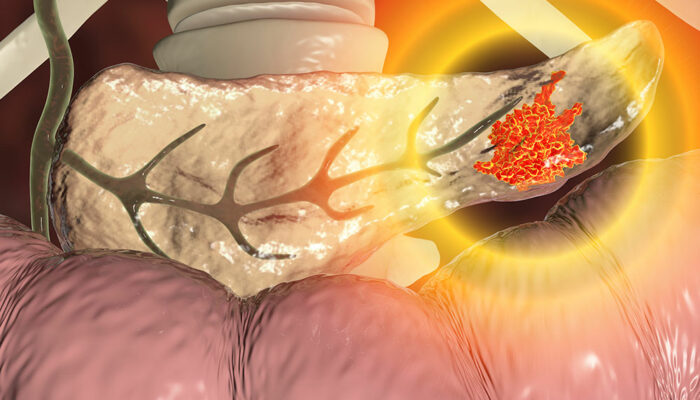
Possible Treatment Options for Prostate Cancer
Today, thanks to the early detection of prostate cancer, the patient and health care provider have a chance to think and figure out a treatment plan suitable to one’s condition. But, before arriving at a decision, there are multiple things to be considered. These include the patient’s current condition, medical history, and awareness and acceptance regarding the side effects of the treatment options.
1. Surgery
Surgery for prostate cancer is performed by a urologist, and it involves the removal of the prostate and affected lymph nodes. There are more than one surgical procedures that can be performed depending on the stage of cancer or the extent to which the tumor has invaded the body. These options include procedures like bilateral orchiectomy, radical prostatectomy, and robotic prostatectomy. Perineal surgery is another option with a more traditional approach and causes minimum disturbance to the bladder and urethra.
2. Radiation therapy
Radiation therapy is a widely used technique in cancer treatment. This involves the use of high-energy radiations that can help in the destruction of cancerous cells. There are also targeted radiation therapies where only a limited area is exposed to the high-energy rays. This is done to maintain the minimal effect on the surrounding normal tissues and minimize complications that can impact the bladder and rectum. Other types of radiation therapy include external beam radiation therapy, intensity-modulated radiation therapy, and proton therapy.
3. Hormone therapy
As the name suggests, hormone therapy involves a treatment plan that deals with hormones, like testosterone in particular. Hormone therapy is aimed at blocking the body’s active production of testosterone hormone. This is important as testosterone can assist the cancer cells in their multiplication in the prostate. Hormone therapy is more effective in the shrinkage and destruction of cancer cells if detected in the early stages. In the later stages, hormone therapy is more helpful in slowing down the rate of growth of cancer cells instead of shrinking them.
4. Immunotherapy
Immunotherapy, as a part of treatment options for prostate cancer, is aimed at improving the patient’s immunity. The immune system is boosted, and WBCs are trained to detect and destroy cancer cells in the prostate. One such medication that the FDA has approved for prostate cancer is Provenge or Sipuleucel-T.
5. Chemotherapy
Chemotherapy is one of the most commonly known treatment options for prostate and other types of cancers. The medications are administered with the help of a drip or an IV inserted into the arm of the patient. These treatment procedures are scheduled and need to be followed by the patient. Alternatively, chemotherapy can also be carried out with the help of oral medications, albeit it is less effective. However, before starting with it, the doctor will need to ensure that the patient has an acceptable rate of blood cell count. This is determined with the help of blood tests.



